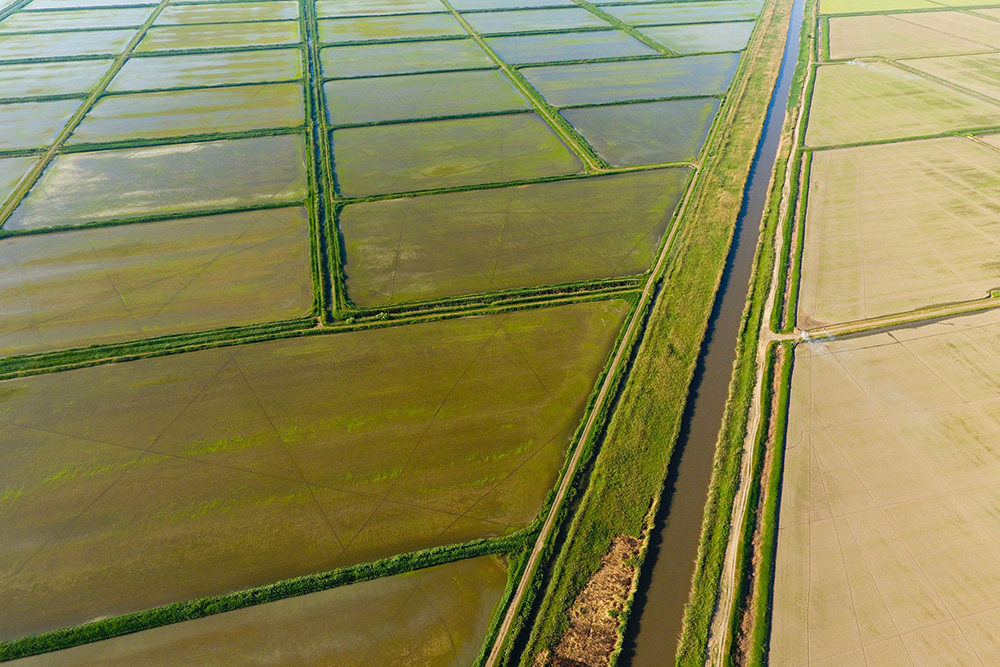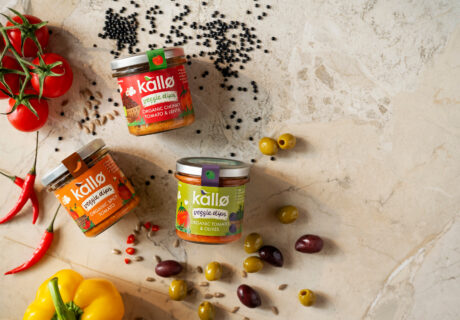Following the leak of the European Commission’s draft Water Resilience Strategy, IFOAM Organics Europe welcomes the draft’s prioritisation of nature-based solutions but expresses concern over the lack of concrete action to effectively protect water resources from pollution from pesticides, and the minimal attention paid to organic farming specifically, despite its well-documented benefits for water quality, availability, and resilience.
“Organic farming is one of the most effective tools we have to reduce water pollution, improve soil health and increase resilience to drought and floods,” said Jan Plagge, President of IFOAM Organics Europe. “It is disappointing to see this potential largely overlooked in the draft. We strongly urge the Commission to recognise organic’s contribution more clearly in the final strategy, especially in relation to the current and future CAP.”
Organic farming delivers concrete, measurable benefits for water resilience:
- Eliminates synthetic pesticides and associated pollution.
- Cuts nitrate leaching by 28–39% by banning synthetic fertilisers.
- Improves soil health, increasing organic matter by 35%, which boosts water retention.
- Enhances infiltration by up to 256% and water storage by up to 100%. Strengthens climate resilience, with organic yields surpassing conventional crop yields by up to 90% during drought years.
- Critically, organic is cheaper for society. The cost of groundwater pollution for a hectare of conventional potatoes is estimated at €1,298, while for organic potatoes it is just €0.40.
The Water Resilience Strategy draft falls short on decisive action on one of the most critical and ongoing threats to Europe’s water systems: pesticide pollution. Despite agricultural pollution, including from pesticides, being responsible for one third of the pressures on EU ground- and surface water, the leaked strategy does not propose concrete actions to protect water bodies from harmful substances like PFAS found in pesticides and to systematically reduce the use of synthetic pesticides in agriculture.
IFOAM Organics Europe welcomes the strategy’s commitment to research and innovation, particularly the proposed R&I strategy and science-policy interface platform. However, we call for a dedicated budget line to fund sustainable agricultural practices such as organic farming, ensuring their broad development and implementation across the EU.
As the strategy is still in draft form, we remain hopeful that the Commission will correct this oversight. IFOAM Organics Europe stands ready to work constructively with the Commission to ensure that the final Water Resilience Strategy recognises the role of organic farming as a cornerstone of a water-secure, climate-resilient Europe.
- Further information at www.organicseurope.bio
The article Organic farming insufficiently addressed in draft EU Water Resilience Strategy appeared first on Bio Eco Actual.






